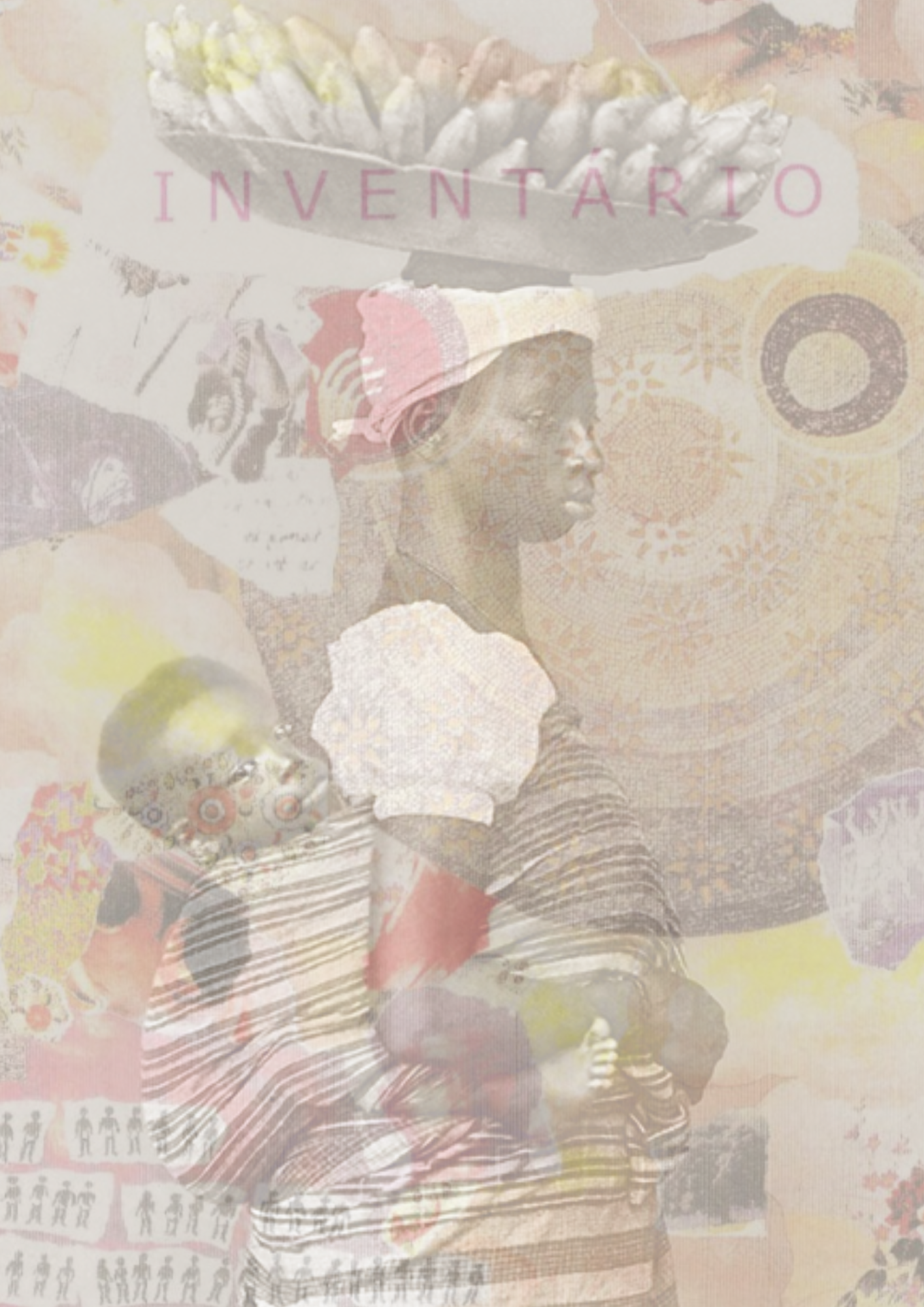FILHAS DAS VOZES ANCESTRAIS
A MATERNIDADE E ANCESTRALIDADE NA POESIA BRASILEIRA CONTEMPORÂNEA
Keywords:
Feminismo, Interseccionalidade, Maternidade da Mulher Negra, Ancestralidade, Literatura BrasileiraAbstract
This essay explores the importance of ancestry and motherhood in the poetry of black women, highlighting how these themes intertwine to strengthen female identity and resistance. Through an analysis of the works of Conceição Evaristo (2017) and Ryane Leão (2019), the continuity of ancestral voices and the transmission of wisdom between generations is highlighted. In Vozes-mulheres, Conceição Evaristo weaves an intergenerational narrative that gives voice to her ancestors and emphasizes the deep connection between past, present and future. Ryane Leão, in poems such as sankofa, reflects on and expands the themes presented by Evaristo, reinforcing the importance of telling stories and honoring the experiences of the women who came before. The essay also addresses the theoretical contributions of Luce Irigaray (1974), bell hooks (1981) and Djamila Ribeiro (2017) to black feminism, highlighting intersectionality as an essential tool for understanding the multiple oppressions that affect black women. The integration of theoretical perspectives with poetic expressions demonstrates how literature acts as a space of resistance and empowerment. By recognizing and celebrating ancestry and motherhood, women poets strengthen collective identity and promote the continuity of struggles for justice and equality. The essay thus highlights the importance of giving voice to silenced experiences and valuing the contributions of black women in building a more inclusive society.Downloads
References
COLLINS, Patricia Hill. Black feminist thought: knowledge, consciousness, and the politics of empowerment. 2. ed. New York: Routledge, 2000.
CRENSHAW, Kimberlé. Demarginalizing the intersection of race and sex: a black feminist critique of antidiscrimination doctrine, feminist theory and antiracist politics. University of Chicago Legal Forum, v. 1989, p. 139-167, 1989.
EVARISTO, Conceição. Poemas da recordação e outros movimentos. 3. ed. Rio de Janeiro: Malê, 2017.
FANON, Frantz. Peau noire, masques blancs. Paris: Éditions du Seuil, 1952.
GILROY, Paul. The Black Atlantic: modernity and double consciousness. Cambridge: Harvard University Press, 1993.
GONZALEZ, Lélia. A categoria político-cultural de amefricanidade. Tempo Brasileiro, Rio de Janeiro, n. 92/93, p. 69-82, jan./jun. 1988.
HOOKS, bell. Ain't I a woman: black women and feminism. Boston: South End Press, 1981.
IRIGARAY, Luce. Speculum de l'autre femme. Paris: Éditions de Minuit, 1974.
LEÃO, Ryane. Jamais peço desculpas por me derramar. São Paulo: Planeta, 2019.
LORDE, Audre. Sister outsider: essays and speeches. Trumansburg, NY: Crossing Press, 1984.
RIBEIRO, Djamila. O que é lugar de fala?. Belo Horizonte: Letramento, 2017.
RIBEIRO, Djamila. Quem tem medo do feminismo negro?. São Paulo: Companhia das Letras, 2018.







